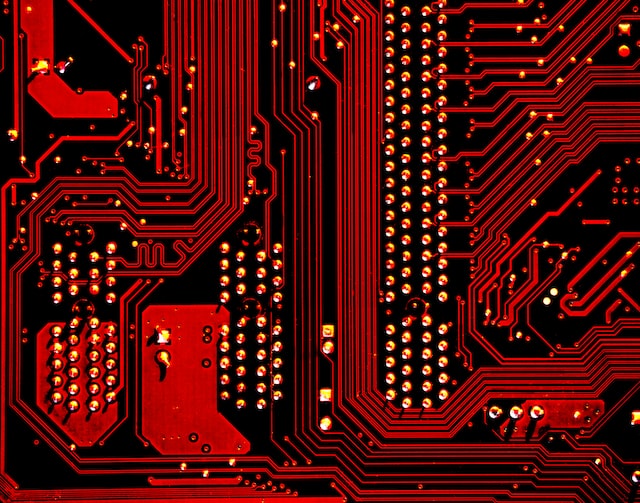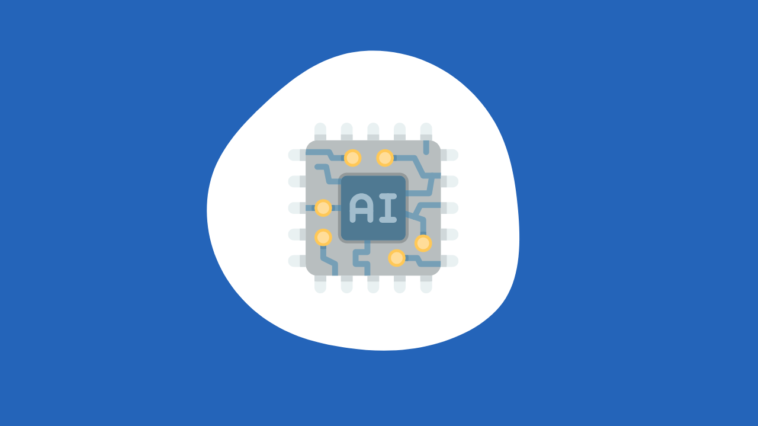Artificial intelligence (AI) software refers to computer programs and algorithms that are designed to simulate human intelligence and perform tasks that would typically require human cognitive abilities, such as problem-solving, learning, perception, and decision-making.
In recent years, AI software has become increasingly essential in various industries, including healthcare, finance, manufacturing, and transportation, among others. The importance of AI software in today’s world cannot be overstated, as it has the potential to revolutionize the way we live and work.
This article provides an overview of the current state of AI software, predictions for its future, and possibilities for its advancement. It also explores the potential impact of AI software on society and ethical considerations for its development and use.
The Current State of AI Software
AI software has already been deployed in various industries, including finance, healthcare, and transportation, to automate routine tasks, improve efficiency, and reduce costs.
For example, in finance, AI software is used to analyze market trends, predict stock prices, and make investment decisions.
In healthcare, AI software is used to analyze medical images, diagnose diseases, and develop personalized treatment plans. In transportation, AI software is used to optimize traffic flow, reduce fuel consumption, and enhance vehicle safety.
Despite its many benefits, AI software has some limitations, such as its inability to handle complex tasks that require creativity or emotional intelligence.
Moreover, AI software requires large amounts of data to train its algorithms, and this data must be of high quality and diverse to avoid bias and ensure accuracy.
However, advancements in AI software continue to be made. For instance, researchers are developing AI software that can recognize and interpret human emotions, leading to the development of emotionally intelligent robots that can interact with humans more effectively.
AI software is also being used to improve natural language processing, making it easier for machines to understand human language and carry out tasks based on verbal commands.

Predictions for the Future of AI Software
The future of AI software looks promising, with experts predicting increased use of AI software in various industries. For example, in the finance industry, AI software is expected to be used to automate customer service, reduce fraud, and enhance risk management.
In healthcare, AI software is expected to be used to develop personalized treatment plans, detect diseases at an early stage, and reduce medical errors.
Additionally, the capabilities of AI software are expected to improve, with advancements in machine learning and deep learning algorithms.
Machine learning algorithms are used to enable AI software to learn from data and improve its accuracy over time. Deep learning algorithms, on the other hand, are used to enable AI software to perform complex tasks such as image and speech recognition.
Furthermore, new applications for AI software are expected to emerge, such as the use of AI software in agriculture to optimize crop yields and reduce waste.
AI software is also expected to be integrated with other emerging technologies such as blockchain, the internet of things (IoT), and augmented reality (AR) to enhance its capabilities and provide new opportunities for innovation.

Possibilities for the Future of AI Software
Advancements in AI software will likely lead to significant changes in society.
For instance, the use of AI software in transportation is expected to lead to the development of autonomous vehicles, which could reduce traffic congestion, improve safety, and reduce the cost of transportation.
In healthcare, AI software is expected to transform the way diseases are diagnosed and treated, leading to better health outcomes for patients.
However, there are also ethical considerations associated with the development and use of AI software. For example, the use of AI software in hiring decisions could perpetuate biases and discrimination. Additionally, the development of autonomous weapons could lead to significant harm, and the impact of AI software on the workforce is a concern, with some predicting that it could lead to significant job losses.


